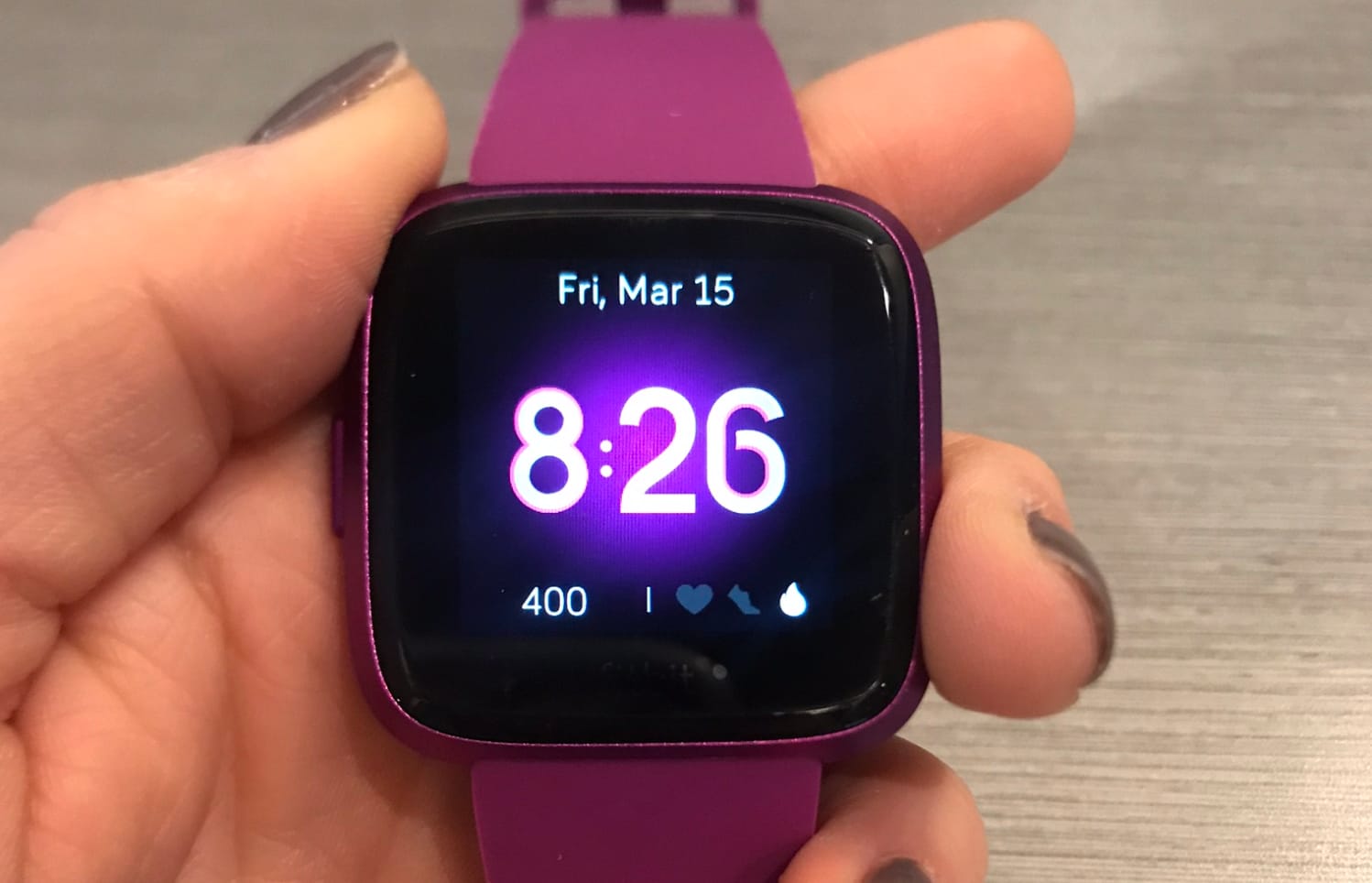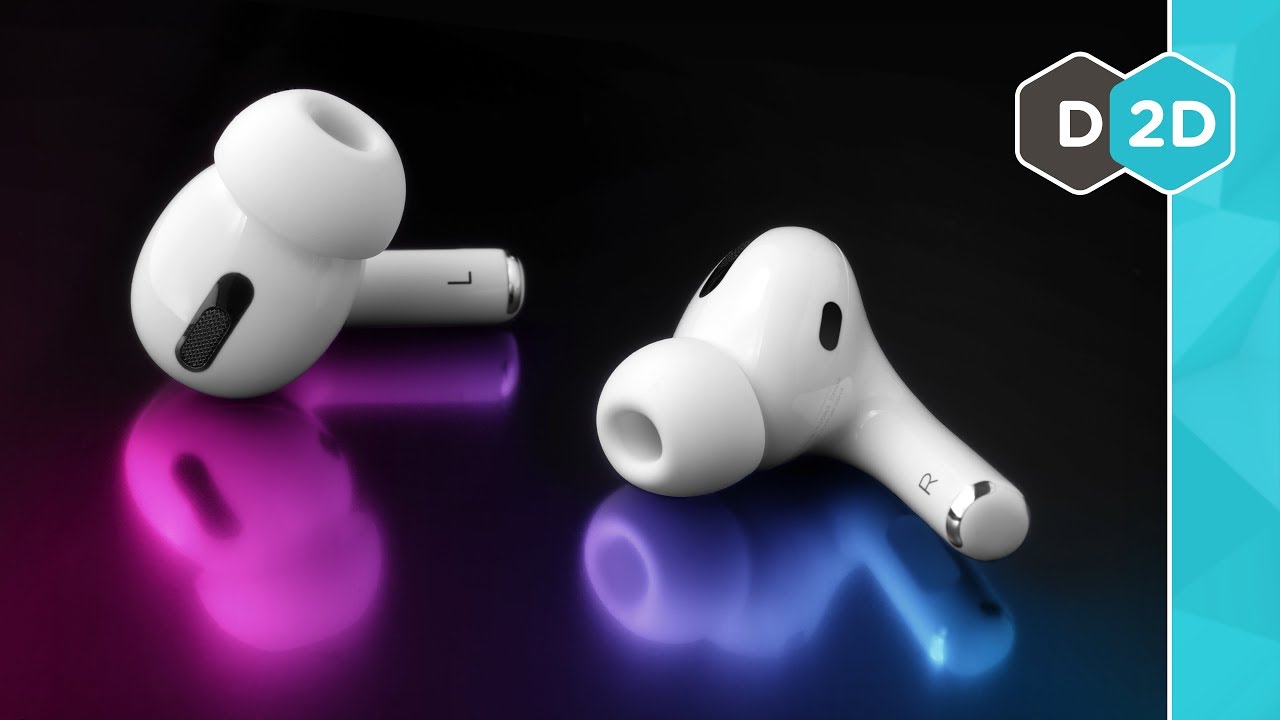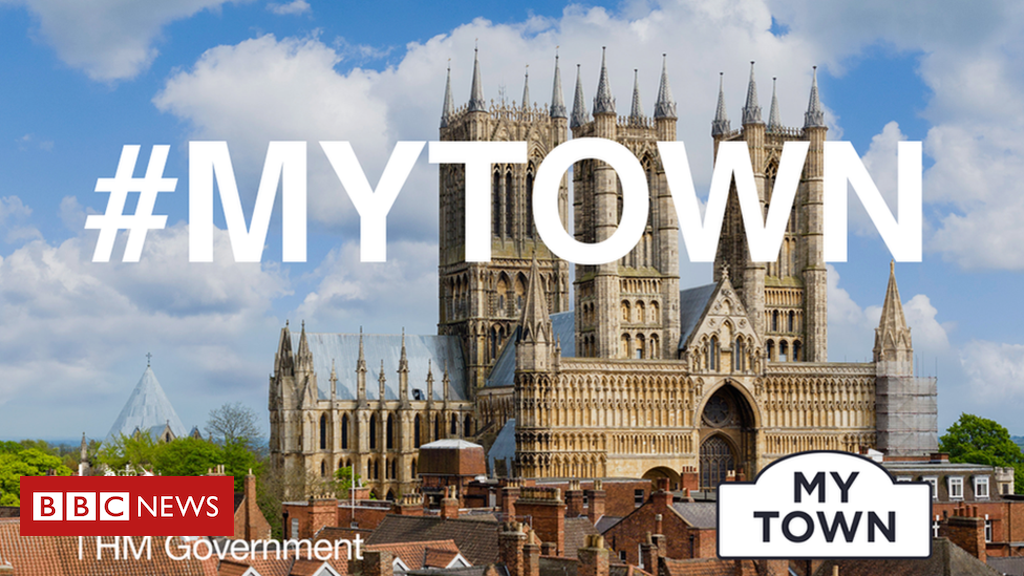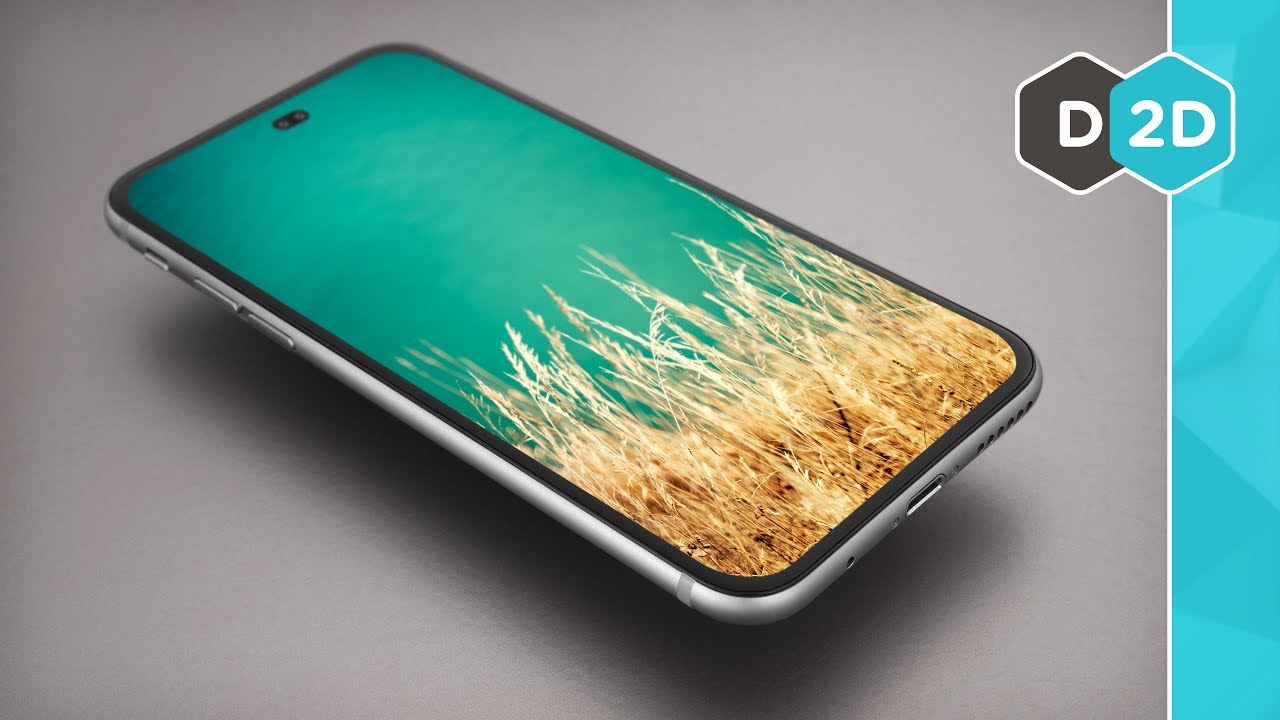Sundar Pichai, CEO of Google, speaks during the company’s 2017 Cloud Next event in San Francisco.
Bloomberg | Getty Images
News of a Google hardware acquisition conjures traumatic images of product graveyards and rebranding nightmares. So, skeptics are right to wonder why a multi-billion dollar deal to purchase a smartwatch company will be any different.
On Friday, Google announced it would be acquiring Fitbit for $2.1 billion. It comes as competitor Apple dominates the smartwatch market and Google…well, doesn’t.
It’s tried. But Google’s superpower has been delivering better, tailored search results and ads to drive revenue. Hardware has never been a big part of that. In fact, Google’s reputation in hardware has long been synonymous with confusing investments and clunky computing prototypes ranging from its purchase of smartphone giant Motorola to the now defunct Google Glass.
So why would the Fitbit acquisition be any different? Because, despite a long line of failed hardware acquisitions, Fitbit isn’t just any acquisition. It’s Google’s door to the $3.5 trillion health-care industry.
Google’s history of hardware struggles
Google’s hardware struggles go back to its earliest days where it has lagged hardware giants like Apple and Samsung.
In 2007, at the height of the mobile era, Google let go of any smartphone manufacturing dreams and said it would leave it to the vast ecosystem of Android device makers. But in 2011, it changed its tune, making a late entrance and acquiring Motorola for $12.5 billion. However, the company failed to make a scaleable business selling mobile devices, and in 2014, sold Motorola to Lenovo for $2.9 billion.
It wasn’t all bad though. The company retained Motorola patents that helped Google compete against Apple years later. It also got Rick Osterloh, who leads Google’s hardware division today, out of it.
Google’s home-tech acquisitions have also been confusing. The company acquired Nest Labs, known at the time as a smart thermostat company, in 2013 for $3.2 billion.
The Nest team faced a struggling product line that included product makeover attempts and team layoffs. Then, Nest became the centerpiece of Google’s smart home product line, which started in 2016. Since then, it gas garnered share in the home speaker market but struggled to figure out how to market Nest and its home products, changing the branding nearly every year since.
Around the same time as buying Nest, Google also started selling a prototype of its first major wearable product, Google Glass, but it drew widespread criticism for its design and inclusion of video cameras, and it never scaled to become a mass-market consumer product.
In 2018, Google closed a $1.1 billion deal to acquire most of HTC’s smartphone design division. But, Google’s Pixel smartphone has also struggled to capture any market share.
In January, the company announced its plan to buy $40 million worth of intellectual property for smartwatch technology by Fossil Group. It signaled the…
https://www.cnbc.com/2019/11/02/google-fitbit-deal-may-break-legacy-of-hardware-failures.html
















